I want to read files with extension .output with the function read.table. I used pattern=".output" but its'not correct. Any suggestions?

I want to read files with extension .output with the function read.table. I used pattern=".output" but its'not correct. Any suggestions?

As an example, heres how you could read in files with the extension ".output" and create a list of tables
list.filenames <- list.files(pattern="\\.output$")
trialsdata <- lapply(list.filenames,read.table,sep="\t")
or if you just want to read them one at a time manually just include the extention in the filename argument.
read.table("ACF.output",sep=...)
So finally because i didn't found a solution(something is going wrong with my path) i made a text file including all the .output files with ls *.output > data.txt.
After that using :
files = read.table("./data.txt")
i am making a data.frame including all my files and using
files[] <- lapply(files, as.character)
Finally with test = read.table(files[i,],header=F,row.names=1)
we could read every file which is stored in i (i = no of line).